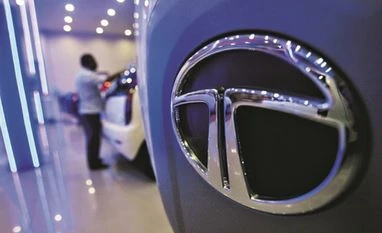While shares of Tata Motors have gained 6 per cent, its DVR is down 1.4 per cent. The underperformance is likely to continue as the exclusion came into effect on Friday.
“The weakness in the scrip after the announcement was on account of speculative trading. Now that the actual exclusion has happened, there could outflows from exchange-traded funds (ETFs),” says a fund manager.
The Nifty is the index most mimicked by exchange-traded funds (ETFs). According to conservative estimates, passive funds with assets of over $10 billion ride on the Nifty. The Nifty and other indices periodically review their components based on criteria such as market capitalisation and impact costs.
Tata Motors’ DVR continues to be part of the BSE Sensex. Markets players don’t rule out an exclusion from the Sensex as well because the security is losing favour.
The DVR’s index journey began in April last year, when the Nifty introduced it as a 51st component. Following the inclusion, the scrip briefly outperformed the ordinary shares on account of passive inflows.
DVRs are securities with fewer voting rights but higher dividends.
DVR and ordinary shares had narrowed to 25 per cent. Currently, the discount has widened to 45 per cent. Analysts say another key reason why the DVR is losing favour among investors is the lack of dividend payouts from Tata Motors. “
A DVR share of any company can be a good investment option if it is a high dividend payer. That’s not the case with Tata Motors,” says an analyst.
To read the full story, Subscribe Now at just Rs 249 a month
Already a subscriber? Log in
Subscribe To BS Premium
₹249
Renews automatically
₹1699₹1999
Opt for auto renewal and save Rs. 300 Renews automatically
₹1999
What you get on BS Premium?
-
Unlock 30+ premium stories daily hand-picked by our editors, across devices on browser and app.
-
Pick your 5 favourite companies, get a daily email with all news updates on them.
Full access to our intuitive epaper - clip, save, share articles from any device; newspaper archives from 2006.
Preferential invites to Business Standard events.
Curated newsletters on markets, personal finance, policy & politics, start-ups, technology, and more.
Need More Information - write to us at assist@bsmail.in
)